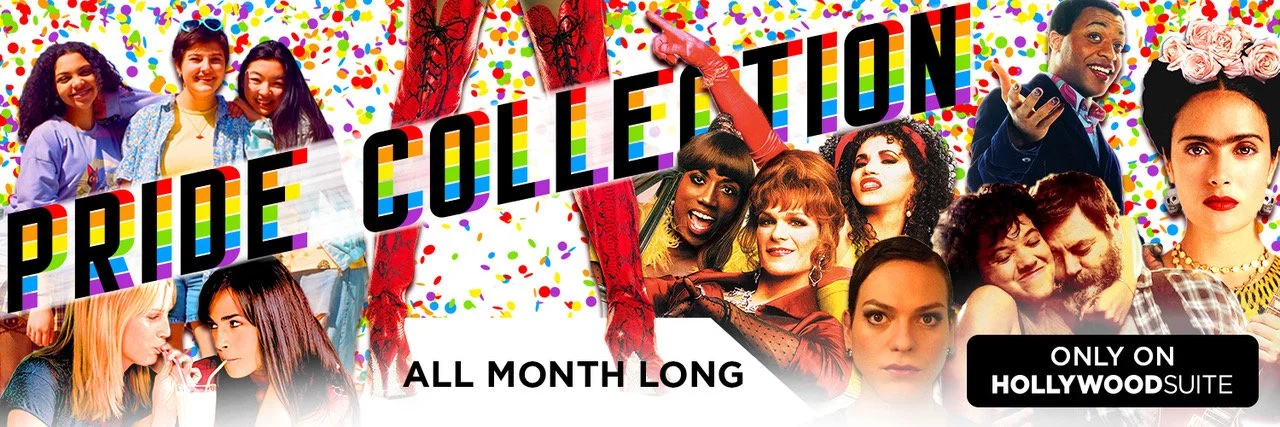Blue Jean: Ace Debut Feature Chronicles Troubling Times for Gays in Thatcher’s Britain
By Chris Knight
Rating: A-
It's tempting to think of the advancement of human rights as a steady march forward. Not as quick as we might like, mind you, but always in the right direction. But Margaret Thatcher’s Britain did not take a step forward for gay rights. Quite the opposite.
In 1988, a year after her Conservative government won its third general election victory — on a campaign that featured attack ads against Labour’s supposed desire to “teach” homosexuality to school children — the government passed Section 28, prohibiting, among other things, the “promotion of homosexuality” in schools. It remained in effect until 2003.
This is the political background over which Blue Jean, an assured first feature from writer-director Georgia Oakley, takes place. The actual politics are muted — a billboard here, a snippet on the news there — in favour of a smaller, more personal story, perhaps not directly affected by the legislation (at least not yet) but shaped by the temper of the times.
We hear just enough of what’s going on in the wider world (the story is set in the northern city of Newcastle, far from the power epicentre of London) to link it to the tale at hand.
Jean Newman (Rosy McEwen) is a gym teacher in the city’s poor but bustling Tyneside region. She’s also a lesbian, in a long-term relationship with Viv (Kerrie Hayes), who is far more open about her sexuality than the closeted Jean. But then, Jean has every reason to hide her true nature. Even without the impending legislation, coming out as a gay educator — of girls no less — would likely cost her her job.
Things take a turn when a new student joins her class. Lois (Lucy Halliday) is just 16 but starts showing up at the lesbian-friendly bar where Jean and her friends gather regularly for drinks and games of pool. She also joins the school’s netball team, seemingly to get closer to a teacher she views as a potential role model. (I was never certain if any of Jean’s other students knew or suspected her sexuality, but Lois clearly has her figured out.)
But Jean, who has expertly if unhappily compartmentalized her life, wants nothing to do with this girl, lest her cover be blown. And to be clear, she has no interest in her romantically. But she’s forced into a painful choice between supporting Lois and keeping herself safe. She’ll pay a high price no matter her decision.
McEwen is a formidable presence on the screen; I was reminded of a younger Rosamund Pike. She’s quiet and watchful and watchable, although the director sometimes needlessly cranks up the score and camerawork, pushing into a crescendo-backed closeup when all we really need is a raised eyebrow or look of consternation from the character. But I’ll chalk that up to first-feature jitters, distracting but not enough to derail the powerful story.
And it is slap-in-the-face powerful, taking place 35 years ago (I always wonder in period pieces where the characters are today; Jean would be in her mid-60s) but full of the kind of educational turmoil and “woke” fears that stoke today’s Western culture wars. The more things change...
Blue Jean. Directed by Georgia Oakley. Starring Rosy McEwen, Kerrie Hayes, and Lucy Halliday. Opens June 23 in Toronto (Bell Lightbox), Vancouver (International Village), and Montreal (Cinéma Moderne); July 7 in Ottawa, Saskatoon and Edmonton, Kingston, Waterloo, and throughout the summer in other cities.



